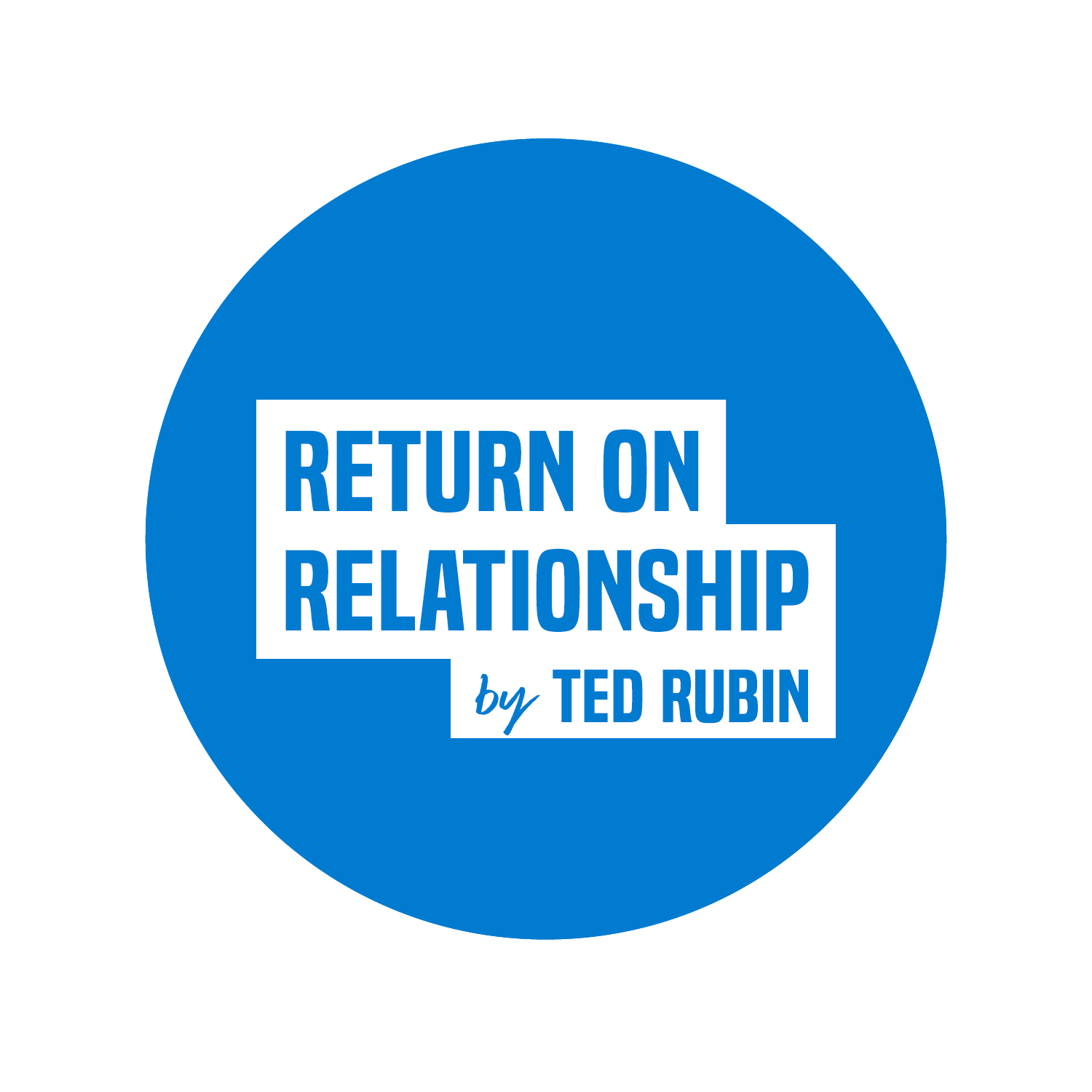Boosting Virtual Productivity and Employee Engagement ~via @RenegadeLLC
Right now, we’re all a little unsure about what’s on the horizon. Preparing ourselves to be more flexible with remote work and relatively disjointed teams is absolutely, positively crucial. To help her team work smarter, not harder, CMO Anna Griffin of Smartsheet has tackled the issue of WFH productivity and employee wellness head-on.
In her Renegade Thinkers Unite interview, she explored the concept of effective WFH meetings in-depth, sharing examples of how her process has been working well for the team with more productive meetings and less disenchantment with the idea of leaning on video communications. Her approach is also easy enough to replicate at your own company. Here are a few of Anna’s insights for leaders looking to help their employees feel more connected and boost productivity while working remotely:
Start Virtual Meetings with a Frame Break
Make it a priority to start meetings with, as Anna calls it, “a frame break.” The goal of frame-breaking is to catch people off guard from the get-go by sharing something completely unexpected, fun, or personal. This doesn’t mean a pop quiz on medieval European history, but it does mean just sharing something light, off the top of your head. People are forgetting that conversational elements of interaction—casual fun elements—are crucial to not having meetings feel like a chore. She shared a story of a colleague that runs the website who entered a meeting and exclaimed that they’d been hacked with a bunch of funny imagery, prompting a quick, mass viewing of the website only to have people realize it was a prank. It was a great way to loosen people up for a creative brainstorming session.
Keep Video Brainstorming Sessions Casual
Take a second to be a human and not enter some scripted-feeling discussion. Anna actually lamented the formality that pervades work culture, and how it can be stifling in an era of Zoom calls and quarantine. Working from home means that employees’ children, partners, and/or pets have most likely popped up during a meeting, and that the boundaries between work and home are blurred. Don’t take yourselves too seriously, and your team will feel more connected, more at ease, and less burdened by schedules that may be packed with calls. There’s value in having someone be the entertainer.
Assign Ownership to Empower Employees
Of course, meetings need to be productive, too (except for ones like happy hours and coffee breaks!). Prior to the meeting, it’s important to assign ownership so that there’s some guidance. Every group should be able to dive in right away; you’re wasting everybody’s time if they have to slowly feel out every meeting together. A little structure, even if it’s just someone to start things off and ask for input, goes a long way. It’s also helpful to recap and assign action to make sure things get pushed forward. When you discuss something happening, make sure to include “Who can handle this?” or “Can you handle this, [Name]?”



